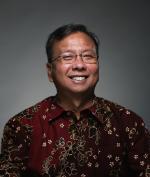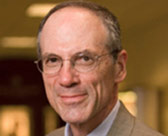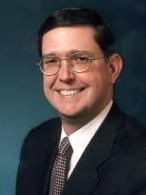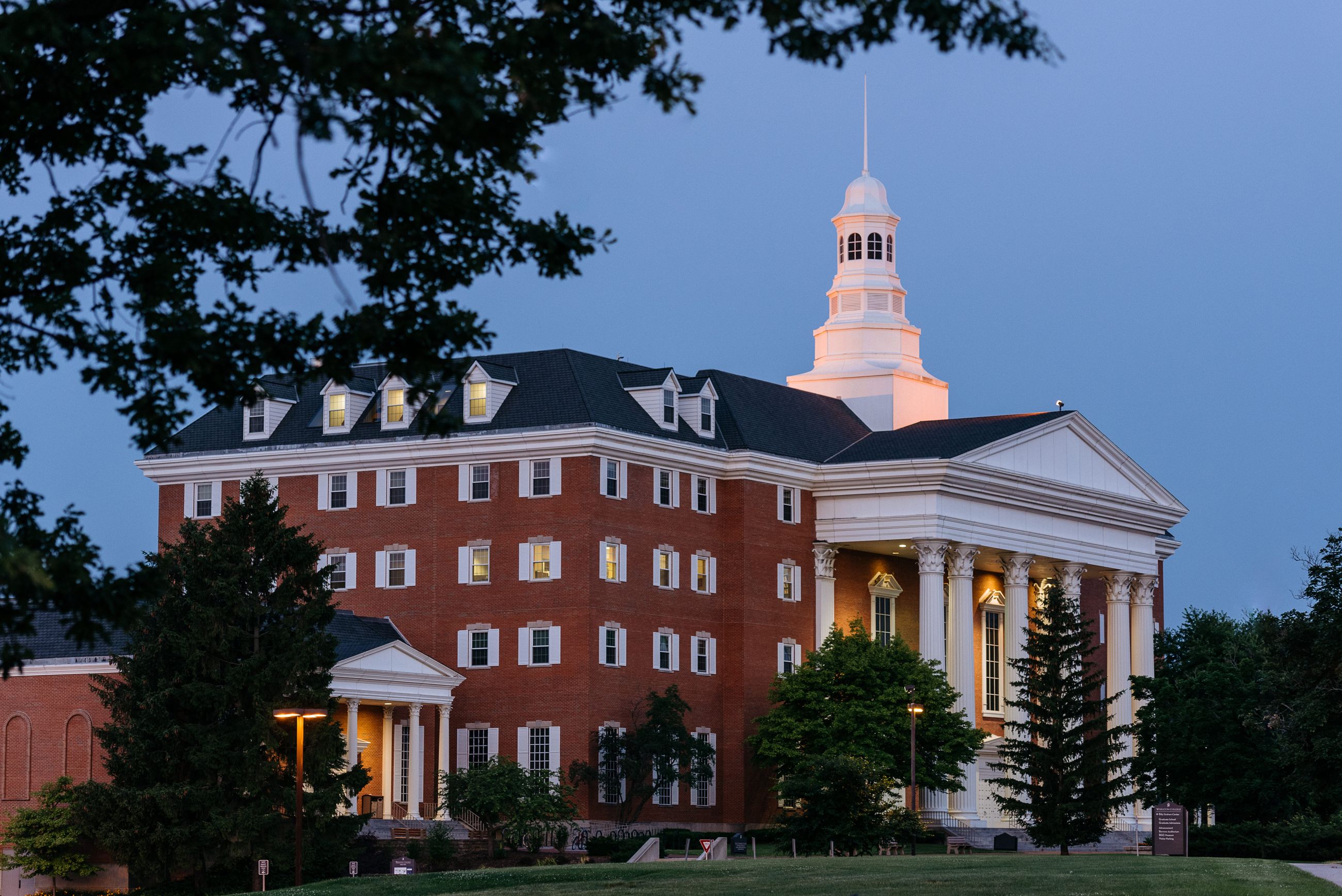Previous History of Christianity Conferences
2018 Conference Keynote
 Yudha Thianto, professor of theology and chair of the theology department at Trinity Christian College in Palos Heights, IL. Dr. Thianto earned his Ph. D. in historical theology from Calvin Theological Seminary. Originally from Indonesia, his work focuses on the history of the earliest establishment of the Dutch Reformed Church in the East Indies (now Indonesia) in the seventeenth century. Particularly, he is now working on the history of the singing of metrical psalms from Calvin’s Geneva, through the Netherlands, to the East Indies. Dr. Thianto is also the president of the Calvin Society. The title of Dr. Thianto’s talk was “Reformed Protestantism in Seventeenth Century Dutch East Indies: Cultural Encounters, Struggles, and Progress.”
Yudha Thianto, professor of theology and chair of the theology department at Trinity Christian College in Palos Heights, IL. Dr. Thianto earned his Ph. D. in historical theology from Calvin Theological Seminary. Originally from Indonesia, his work focuses on the history of the earliest establishment of the Dutch Reformed Church in the East Indies (now Indonesia) in the seventeenth century. Particularly, he is now working on the history of the singing of metrical psalms from Calvin’s Geneva, through the Netherlands, to the East Indies. Dr. Thianto is also the president of the Calvin Society. The title of Dr. Thianto’s talk was “Reformed Protestantism in Seventeenth Century Dutch East Indies: Cultural Encounters, Struggles, and Progress.”2017 Conference Keynote
 In 2005, Dr. Mark A. Noll published a much-discussed book, Is the Reformation Over? Now in this 500th anniversary year since Martin Luther’s 95 Theses, this leading church historian once again exploring this question which is so vital for Christian unity and fidelity. In this lecture, "The Reformation as a Great Blessing and a Great Problem," Dr. Noll will assessed what the Reformation stood for, what it achieved, and why it still matters, as well the harmful results and unintended consequences which have flowed from these dramatic events in the life of the church in the sixteenth century
In 2005, Dr. Mark A. Noll published a much-discussed book, Is the Reformation Over? Now in this 500th anniversary year since Martin Luther’s 95 Theses, this leading church historian once again exploring this question which is so vital for Christian unity and fidelity. In this lecture, "The Reformation as a Great Blessing and a Great Problem," Dr. Noll will assessed what the Reformation stood for, what it achieved, and why it still matters, as well the harmful results and unintended consequences which have flowed from these dramatic events in the life of the church in the sixteenth century
2013 Conference Keynote
 Topics ranged chronologically from the early Christian church to the modern period. The keynote speaker was our very own Dr. Jeffrey Bingham, who will present his current research.
Topics ranged chronologically from the early Christian church to the modern period. The keynote speaker was our very own Dr. Jeffrey Bingham, who will present his current research.
Dr. Jeffrey Bingham received his Th.M. and Ph.D. from Dallas Theological Seminary and served as the Associate Dean of the School of Biblical and Theological Studies at Wheaton College. His research interests revolve around the early church, Irenaeus of Lyons, and early Christian interpretation of Scripture.
The title of his talk is Reading Martyrdom: Intertextuality in the Letter from Vienne and Lyons.
